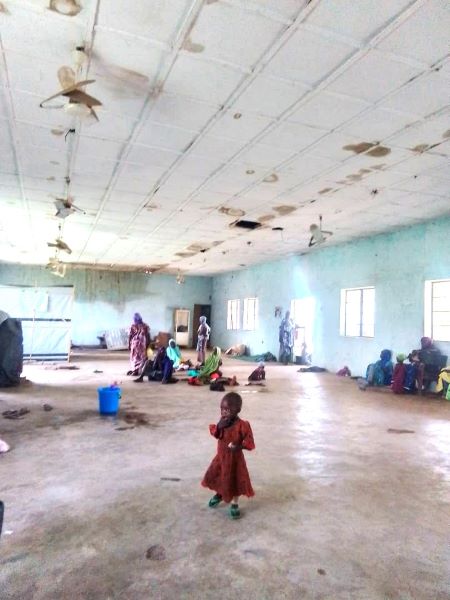The federal government has launched a N110 billion intervention fund to upgrade infrastructure in key medical schools across Nigeria, as part of efforts to curb the exodus of healthcare professionals.
Speaking in Abuja at the inauguration of the ministerial monitoring committee on TETFUND high impact intervention projects on Tuesday, the Minister of Education, Tunji Alausa, who announced the launch of the fund, said N70 billion will be used to rehabilitate medical schools to international standards, while N15 billion is allocated for new student hostels.
He said 76 institutions will receive advanced medical simulation centres, adding that universities will be mandated to increase their medical admission quotas, as part of efforts to train more healthcare workers for local and global opportunities.
Explaining the sharing formula, he said that out of the funds, N70 billion will be spent on rehabilitating all the medical schools to be at par with international standards, while N15 billion will go towards building hostels for the medical students.
Recall that in recent times, there have been growing concerns about neglect of medical colleges across the country, a development that has been attributed to many Nigerians seeking opportunities abroad.
He said President Bola Tinubu has mandated key universities in the country to increase their admission quota for medical students, as a means of curbing brain drain in the medical profession.
According to Alausa, the idea behind the policy is to train more medical personnel for both local and international job opportunities.
The minister said the intervention will be sustained over five years by the federal government.
Earlier, the Chairman of the Board of TETFund, and former governor of Katsina State, Aminu Masari, blamed Vice Chancellors for contributing to the decay in the university system.
He said if this kind of intervention is sustained over five years, the positive impact will become more glaring, because the results will trickle down to more medical personnel to serve the local population and well-equipped human capital for export to the international community.
Channels TV


